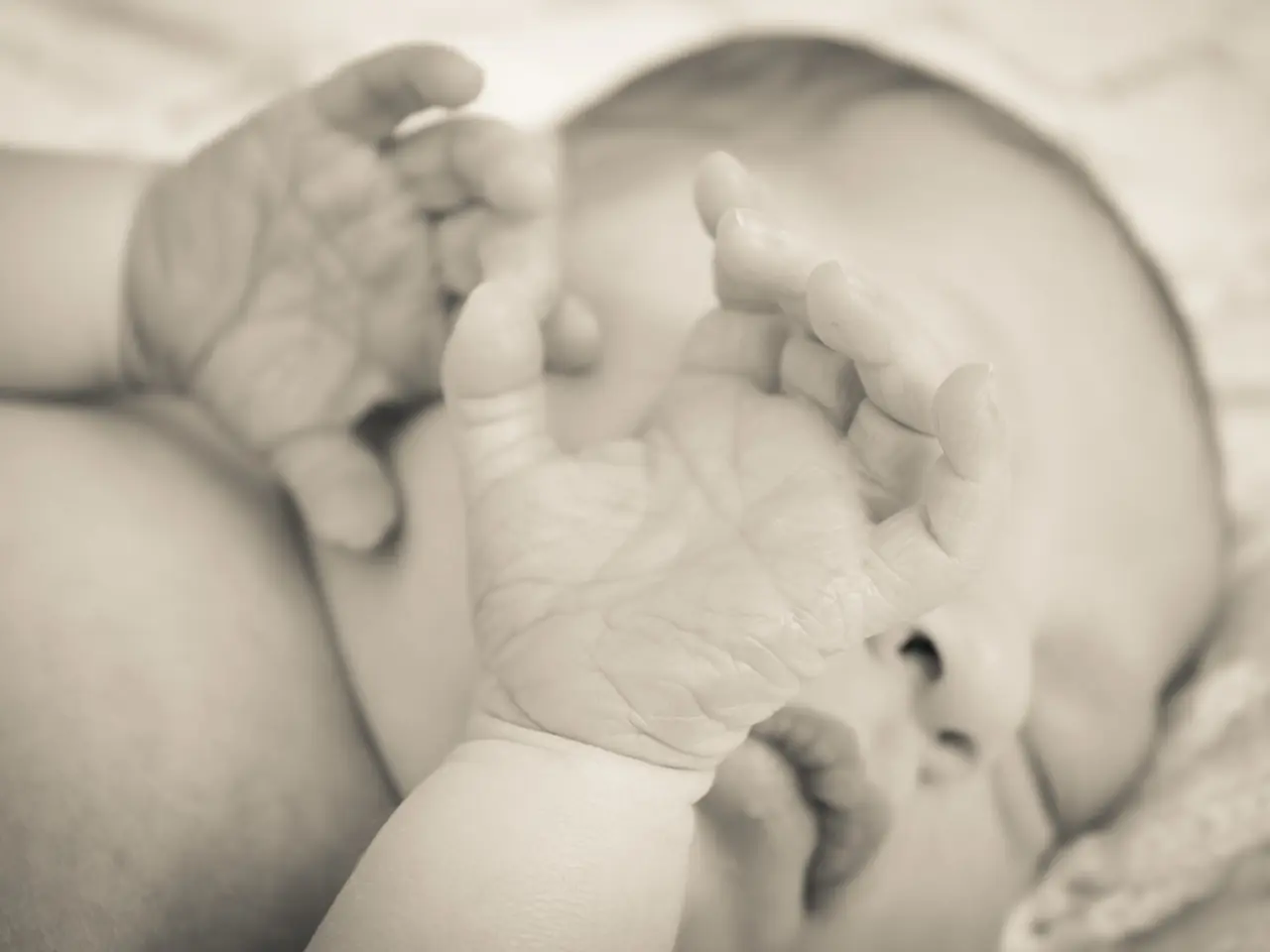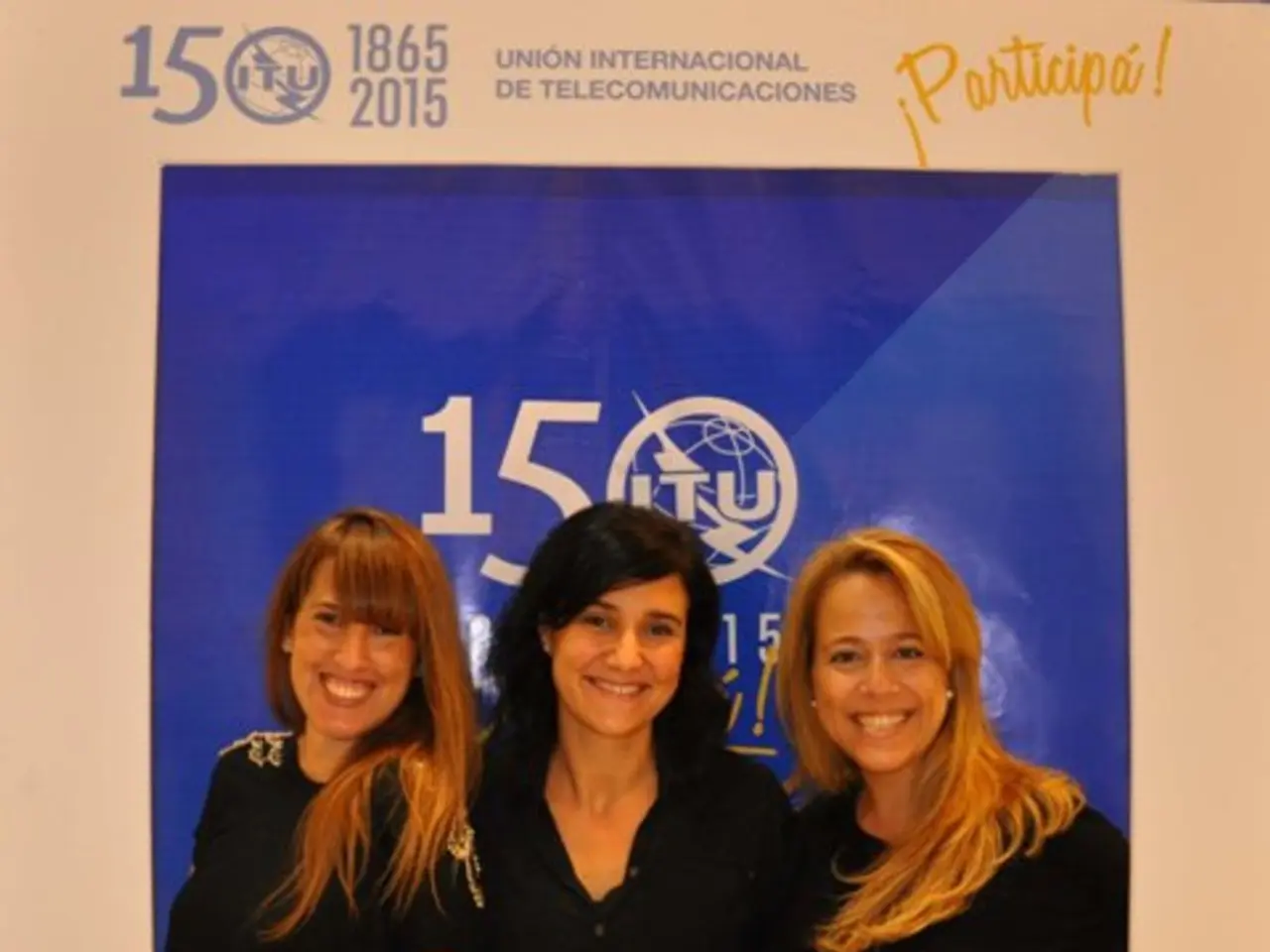Trump's "Big Beautiful Bill" approved by Congress, significantly weakening New York's safety net. Subsequent Actions?
## The Looming Impact of the One Big Beautiful Bill Act on New York's Medicaid and SNAP Programmes
The **One Big Beautiful Bill Act**, passed by the U.S. House of Representatives in May 2025, proposes substantial federal budget cuts over the next decade, with significant reductions to both Medicaid and the Supplemental Nutrition Assistance Program (SNAP)[1][3]. These cuts are expected to have far-reaching effects in New York.
### Medicaid Cuts
The bill includes an estimated $863 billion in Medicaid cuts nationwide, with New York projected to lose over $15 billion annually in federal Medicaid and SNAP funding[1][3]. This loss could lead to a significant impact on hospitals and health systems, key employers in every New York region. The loss of approximately $8 billion per year could result in 63,000 lost hospital jobs and $14.4 billion in lost economic activity[2].
### SNAP Cuts
The bill proposes $295 billion in nationwide SNAP cuts and expands work requirements for SNAP eligibility to adults up to age 64 (up from 54) and to parents of children 14 or older, even in areas where stable employment is scarce, such as rural New York[1][2]. In New York, this could mean over 300,000 households losing all or part of their SNAP benefits, with average monthly losses of around $220 per household[5]. Over 12% of New Yorkers—about 2.4 million people—currently rely on SNAP for food assistance[2].
### Consequences for Disadvantaged New Yorkers
#### Loss of Health Coverage
The Congressional Budget Office (CBO) estimates that up to 1.5 million New Yorkers could lose Medicaid or ACA marketplace coverage as a result of this legislation, increasing the number of uninsured, particularly among the most vulnerable populations, including people with disabilities[1][2][3]. Without Medicaid, many disabled residents may lose access to essential health services, prescription drugs, and long-term care supports.
#### Increased Food Insecurity
With reduced SNAP benefits and stricter eligibility rules, more New Yorkers—including disabled and elderly residents, children, and low-income families—will struggle to afford adequate nutrition[2][5]. Food insecurity is likely to rise, especially for those who cannot meet new work requirements or who live in regions with limited job opportunities[2][5]. The loss of SNAP benefits not only affects individuals’ health but also removes a critical economic support for food retailers, farmers, and local economies[4][5].
### State Budget Pressure
The state faces an unsustainable financial burden to fill the gap left by federal cuts, with Gov. Kathy Hochul’s administration warning of “exorbitant, unsustainable costs” and questioning the state’s ability to maintain services with existing staff and resources[3]. Benefit cuts, reduced access, or outright loss of benefits are anticipated for millions of New Yorkers[5].
### Broader Economic and Social Consequences
Beyond direct impacts on recipients, Medicaid and SNAP cuts are expected to destabilize hospitals, clinics, and food-related businesses, leading to job losses, reduced economic activity, and strained social services[2][5]. Vulnerable groups—such as disabled and hungry New Yorkers—will bear the brunt, facing worsened health outcomes, increased poverty, and heightened risk of homelessness.
### Additional Costs for New York
- Counties could be on the hook for up to millions of dollars in annual SNAP administrative costs no longer covered by the federal government. - New York would also need to quickly build a new system for closely tracking benefit recipients, which could cost $500 million alone.
## Conclusion
The **One Big Beautiful Bill Act** stands to dramatically reduce Medicaid and SNAP funding in New York, with severe consequences for disadvantaged and food-insecure residents. The loss of federal support will strain state resources, increase the number of uninsured, deepen food insecurity, and destabilize local economies—hitting New York’s most vulnerable populations hardest[1][2][3].
- The One Big Beautiful Bill Act, passed by the US House of Representatives in May 2025, proposes a substantial reduction in Medicaid and SNAP funding over the next decade.
- New York is projected to lose over $15 billion annually in federal Medicaid and SNAP funding due to this act, impacting hospitals and health systems across the state.
- The loss of approximately $8 billion per year could result in 63,000 lost hospital jobs and $14.4 billion in lost economic activity.
- The act proposes $295 billion in nationwide SNAP cuts and expands work requirements for SNAP eligibility.
- In New York, this could mean over 300,000 households losing all or part of their SNAP benefits, with average monthly losses of around $220 per household.
- Up to 1.5 million New Yorkers could lose Medicaid or ACA marketplace coverage due to this legislation, increasing the number of uninsured, particularly among the most vulnerable populations.
- Without Medicaid, many disabled residents may lose access to essential health services, prescription drugs, and long-term care supports.
- With reduced SNAP benefits and stricter eligibility rules, more New Yorkers will struggle to afford adequate nutrition, leading to increased food insecurity.
- Gov. Kathy Hochul’s administration has warned of “exorbitant, unsustainable costs” as the state faces an unsustainable financial burden to fill the gap left by federal cuts.
- Beyond direct impacts on recipients, Medicaid and SNAP cuts are expected to destabilize hospitals, clinics, and food-related businesses, leading to job losses, reduced economic activity, and strained social services.
- The act could lead to additional costs for New York, such as counties having to pay for up to millions of dollars in annual SNAP administrative costs and the need to build a new system for closely tracking benefit recipients, which could cost $500 million alone.
- Advocacy groups, environmental science experts, and representatives from the Senate and Assembly are urging for policy and legislation changes to avoid these harsh impacts, focusing on healthcare, climate-change, health-and-wellness, science, Medicare, and Medicaid policies, as well as the role of nonprofits and general news in raising awareness about the potential consequences of the One Big Beautiful Bill Act on New York's citizens.




